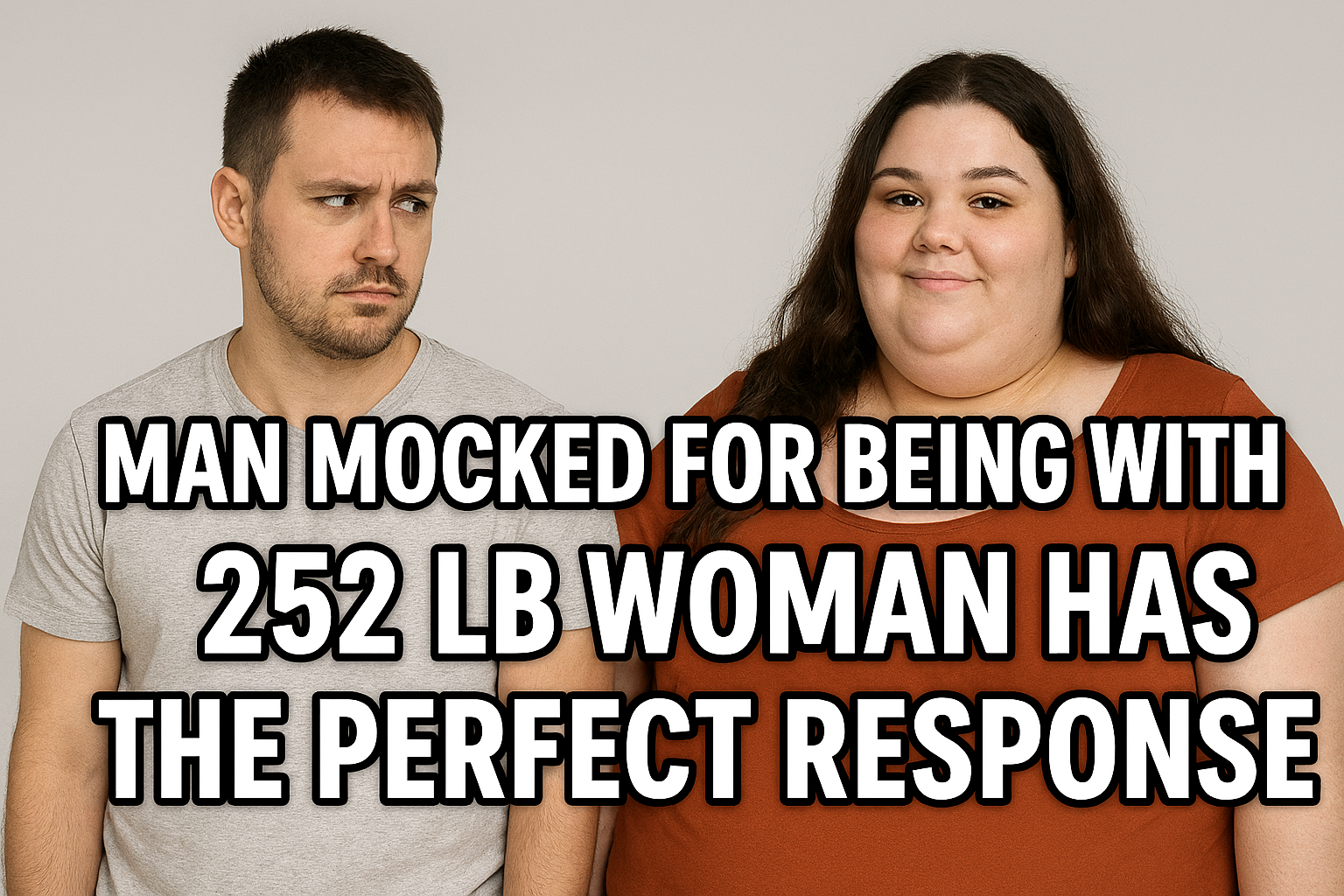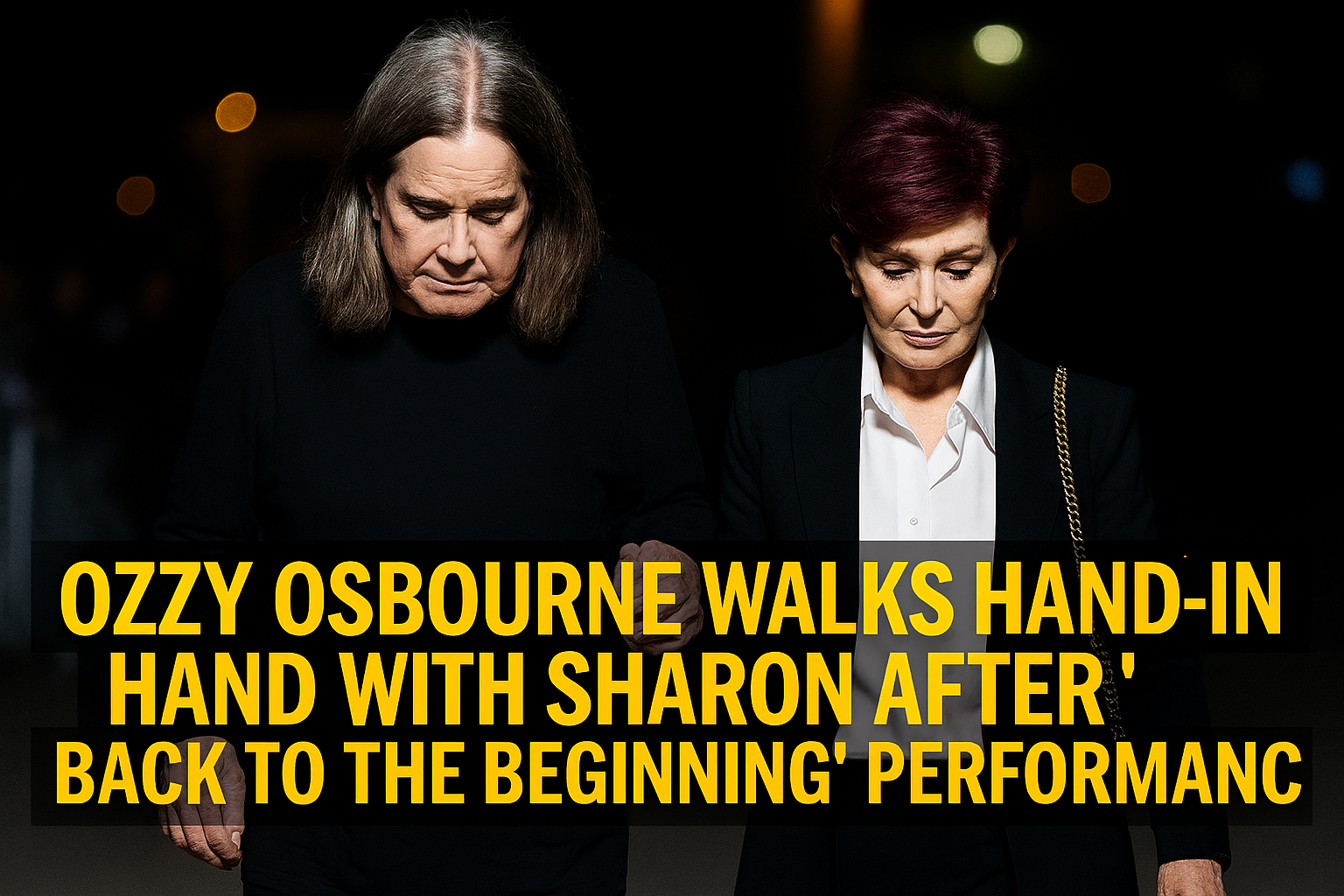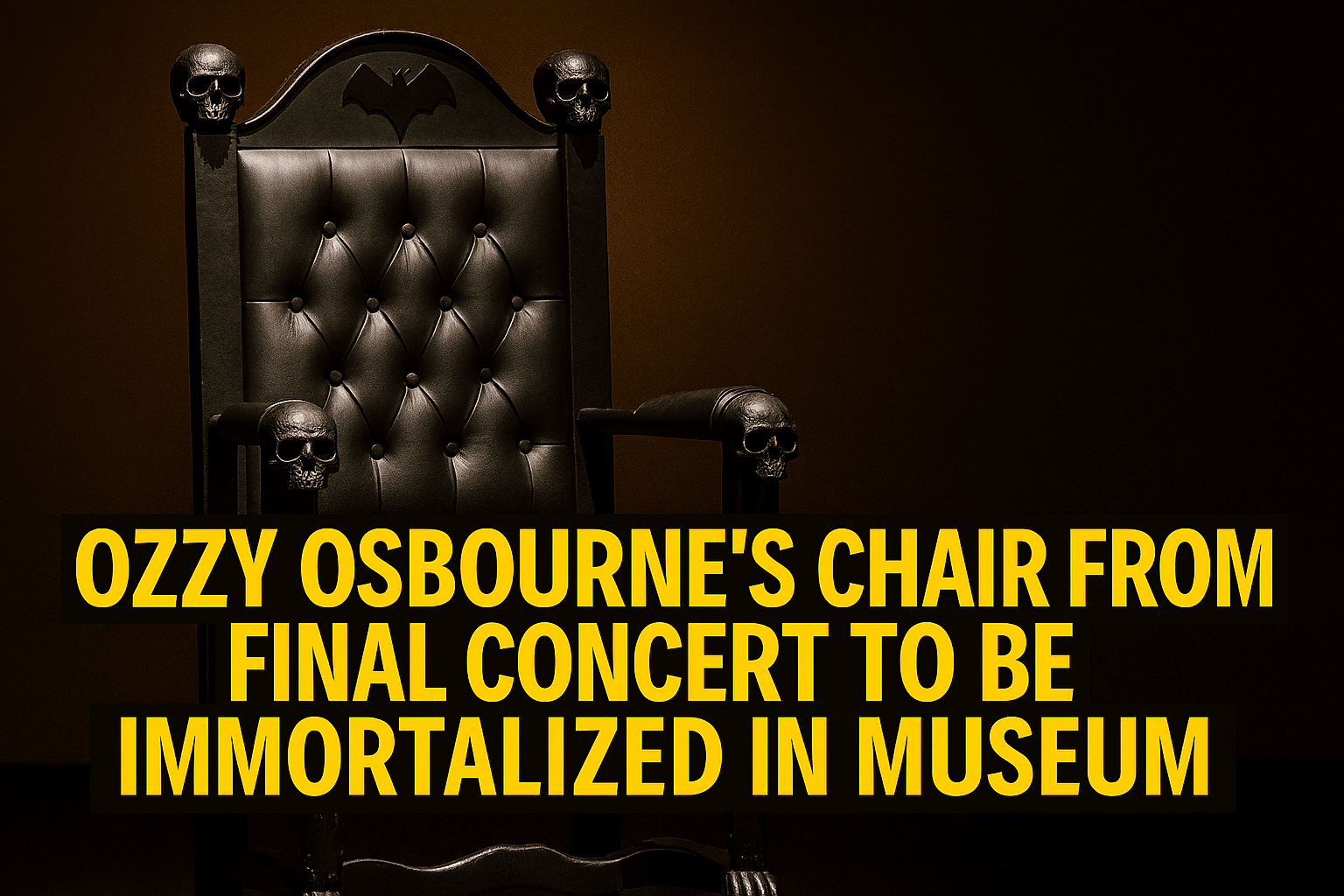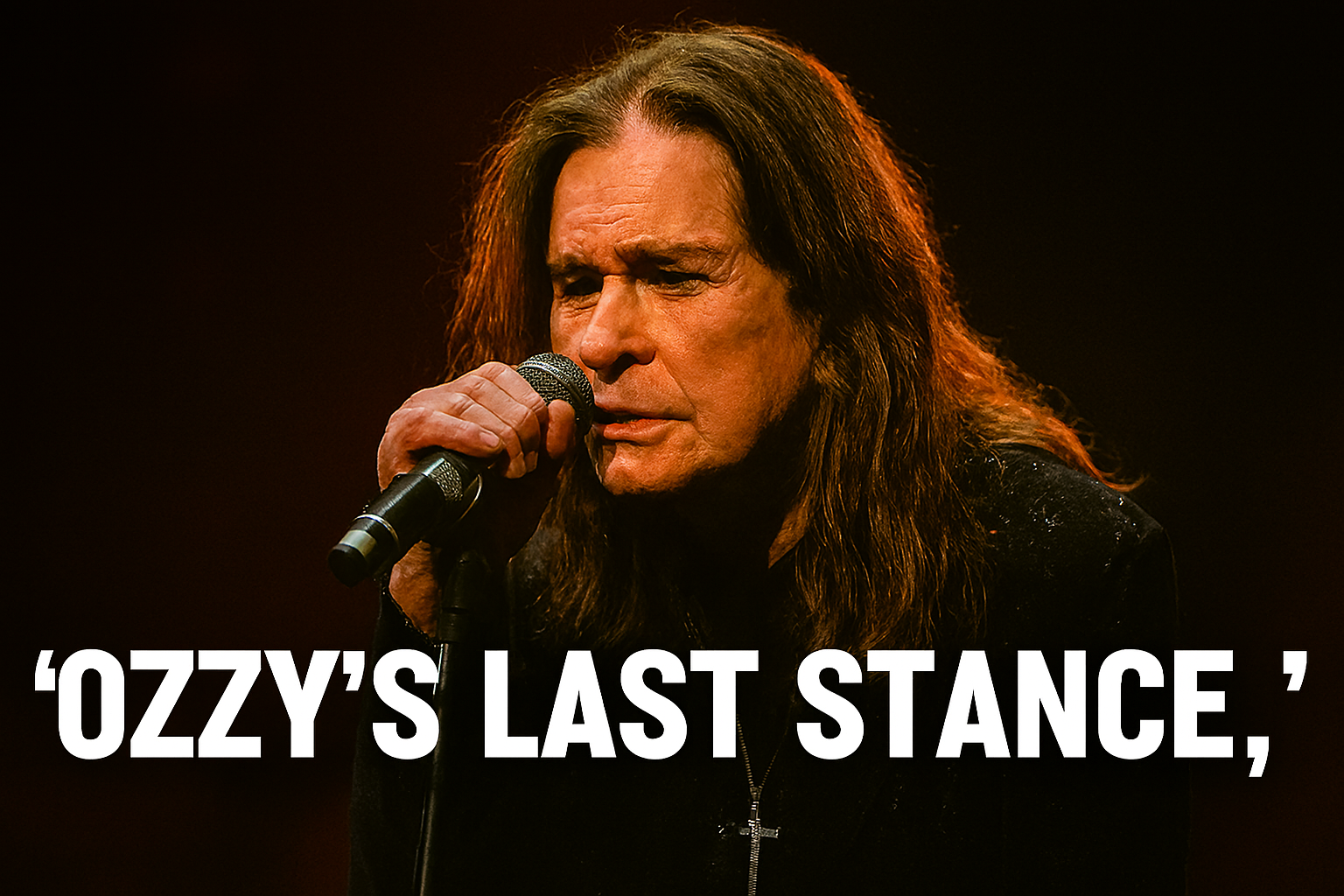In a world where social media and public scrutiny constantly challenge traditional notions of attraction and self‑worth, the story of a man being mocked for dating a 252‑lb woman stands out—not just because of the weight details, but because of how he responded and what it says about love, respect and courage.
A real‑life story of judgment and defiance
According to a feature in Brightside, one couple—a man named Matt and his partner Brittany, who weighs 252 lbs—have experienced incessant judgment simply because of their size difference and because society expects “acceptable” pairings. Bright Side Critics doubted his “manliness,” his physical size, and made snide remarks when the two walked down the street together. Now I’ve Seen Everything+1
Another story from Goalcast describes a young couple where the girlfriend had gained a “significant” amount of weight; thousands of online strangers told the boyfriend he should leave her. But his response was simple and powerful: “We’re happy and that’s all that matters. I love you sweetheart.” Goalcast
This is the perfect response: it sets the terms of the relationship on their terms—not on the critics’.
Why it matters: beyond the weight
It’s easy to reduce the story to “man dating heavier woman,” but the heart of the matter goes deeper:
-
Body‑shaming still runs rampant. People assume they have a right to comment on someone’s body, weight, or their partner’s appearance. In the Matt & Brittany example, the man says people “are not big enough or man enough for her.” Bright Side+1
-
Love vs. appearance. The couple exhibit that attraction and love don’t always align with societal expectations of body size, shape or “fitness.” Society tends to value slim, fit bodies; when people deviate from the norm, they get judged.
-
Confidence and self‑value. Brittany had struggled with self‑acceptance: “I’ve been in relationships where guys have told me that they will dump me if I don’t start dieting…” she says. Bright Side The fact that their relationship persisted indicates a shift from external validation to internal worth.
-
The power of a perfect response. The boyfriend’s answer—focusing on his happiness, their connection, and expressing love—shuts down criticism not by fighting back directly with anger, but by placing the centre of primacy where it belongs: on their relationship and mutual respect.
The Perfect Response: Why It Works
What should someone say, in the face of mocking or unsolicited commentary? The example gives us a blueprint:
-
Affirmation of love. “I love you” is simple but irrefutable.
-
Ownership of happiness. “We’re happy and that’s all that matters.” He acknowledges that the outside noise doesn’t define their relationship.
-
Refocus the narrative. Instead of engaging in a battle about the critic’s standards, he elevates the conversation to their connection, their mutual respect and joy.
-
Non‑reactiveness to hate. He doesn’t get dragged into defensive mud‑slinging, but instead rises above it.










